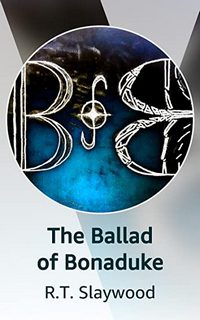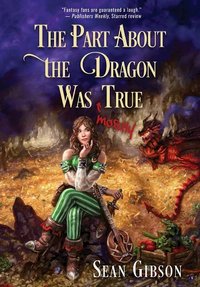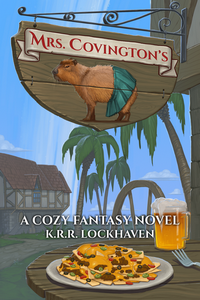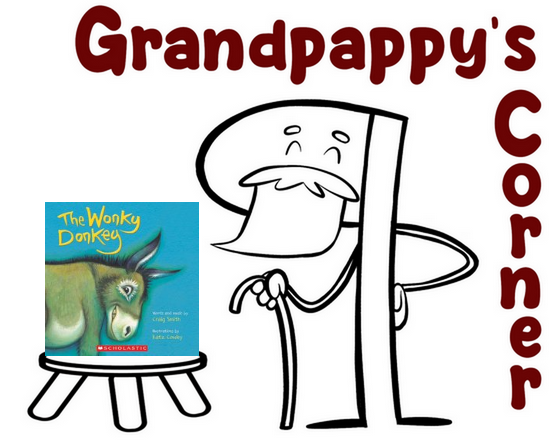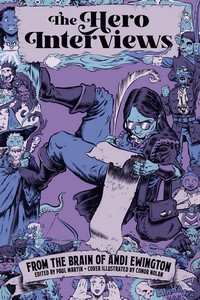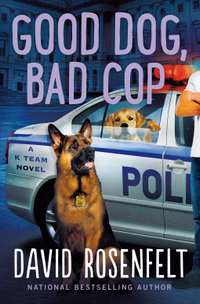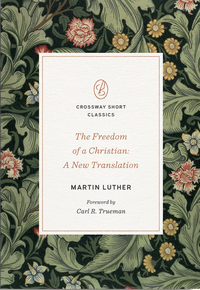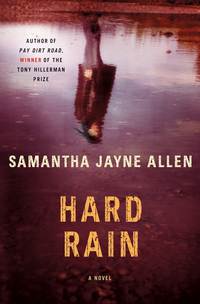 Hard Rain
Hard Rain
DETAILS: Series: Annie McIntyre Mysteries, Volume 2 Publisher: Minotaur Books Publication Date: April 18, 2023 Format: eARC Length: 352 Read Date: April 4-7, 2023

What’s Hard Rain About?
It’s been six months since Annie McIntyre solved a murder and began training as a Private Investigator under her grandfather and his partner, Mary-Pat. It doesn’t seem like Annie’s really sure of her current path, but at least it’s a path—hopefully out of Garnett at some point.
A High School classmate—not really a friend, but more than an acquaintance—approaches her with a job. Mary-Pat tells her she’s ready to take the lead on their next case, and is about ready to apply for her license. So, she’s primed and ready—at least she thinks so.
A couple of weeks previously a flash flood had wreaked havoc on the town and the cost in property damage and lives is high. Bethany, however, was saved through the actions of someone that she fears is a victim. But his body was never found. She wants Annie to find either the body or, preferably, the man so she can thank him properly. Not expecting the latter, and equipped with only a vague description, Annie takes the job.
The police have nothing for her, and the local fire and rescue people found no sign of this man—many people think that Bethany imagined him. But Annie keeps looking—searching downstream from the area Bethany had been found in, Annie does find a body. But not of the man she’s been looking for—but a murdered woman. Now Annie has to ask, is her target a killer or a hero?
As Annie investigates, she finds herself in a new layer of crime, corruption, and danger.
The Sense of Place
When talking about the previous book, Pay Dirt Road, I had a few things to say about the city of Garnett’s depiction. I won’t repeat them here—but I really could. I don’t think it’s an issue so much with Allen’s writing, just my ideas about Texas communities. (not that I’d complain if Annie made some mention of the population size)
What I failed to appreciate—or at least write about—was Allen’s depiction of, and description of, the natural environment. Given the storms and flood surrounding this book, it’s hard not to take note of it. Allen nails this material.
I really can see the flood damage, the sky, the geography in general—Allen pairs her vivid imagery with a little bit of wry commentary (frequently, but not always) to really help the reader get a handle on the sights and sounds. I was reminded of Chandler describing L.A. This is not typically the kind of thing I spend a lot of time thinking about when reading a P.I. novel, but I really couldn’t help but do so this time—both because of the nature of Annie’s investigation and because of Allen’s skill at it. Particularly the latter.
The Portrayal of Evangelicals
So, so, so often lately—including in books I really like—evangelicals are brought in as bastions of corruption, hypocrisy, and prejudice. Especially if they happen to belong to a mega-church.
The church that Bethany is part of, that her husband and father-in-law are pastors of, that some of the flood victims belonged to, that her missing man and the murder victim may be tied to, isn’t a mega-church yet, but is well on its way to being one.
Yes, some of the members are tied to criminal activity, unethical activity, and some other hypocritical kinds of things. But by and large the members of the church are honest, faithful, and human. They’re not perfect, but they’re working at it. It’s an honest depiction, and while not necessarily flattering, it’s not vilifying, either. I appreciate that.
Learning the Ropes
I described this series as a friend recently as “a PI version of the Eve Ronin books,” and the more I think about that, the more I like it.
Yes, Goldberg and Allen have very different tones. The tenor and flavor of the books are different—each fitting their setting and authors. But at the core, you have determined young women in settings that aren’t necessarily hospitable toward them, dealing with family issues and learning the ropes of their current professions. They make mistakes that experience would provide, get correction and guidance from their mentors (and their own reactions to their errors), but have good instincts and the drive to improve.
They’re very different series and very different kinds of stories, but I like seeing Eve and Annie as different outworkings of the same idea.
So, what did I think about Hard Rain?
Last year, I said that I’d have been satisfied with Pay Dirt Road as a standalone, but that I’d be in the front of the line for a sequel. I’m glad I came back—this world and this character deserve the time a series affords (I see there’s already a third volume scheduled for next year).
I enjoyed this one more than last year’s—I don’t know that it’s that much better, but Annie being more confident (maybe only by degrees, but it’s there) and the type of story made that possible. If you haven’t read Pay Dirt Road, Hard Rain will work as a stand-alone or as an entry point to the series, but you’d be denying yourself seeing Annie’s growth.
Atmosphere, character (not just the protagonists, but all the supporting characters as well—maybe next year I’ll find/make the time to talk about Annie’s family, for example), and story—Samantha Jayne Allen delivers the goods on all fronts. I heartily recommend Hard Rain to your attention.
Disclaimer: I received this eARC from St. Martin’s Publishing Group via NetGalley in exchange for this post—thanks to both for this.

This post contains an affiliate link. If you purchase from it, I will get a small commission at no additional cost to you. As always, the opinions expressed are my own.
![]()


